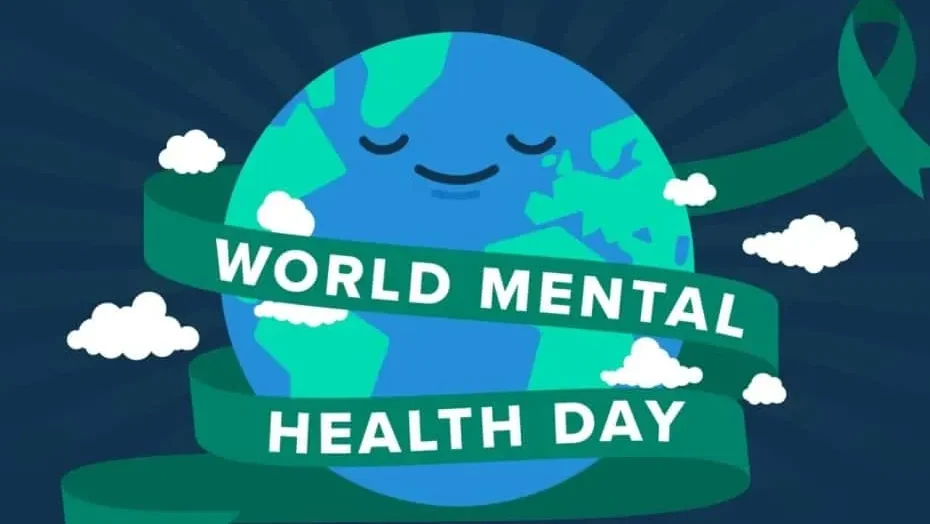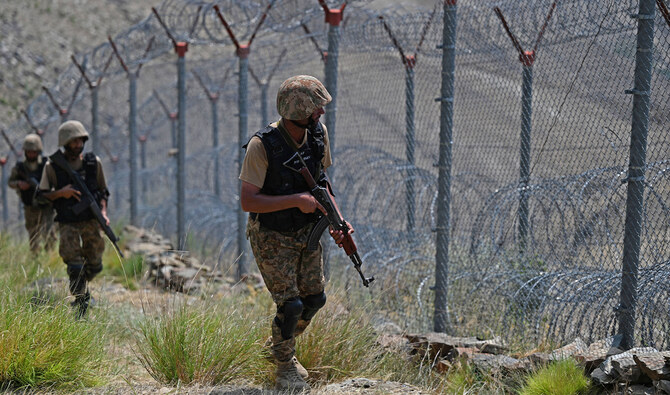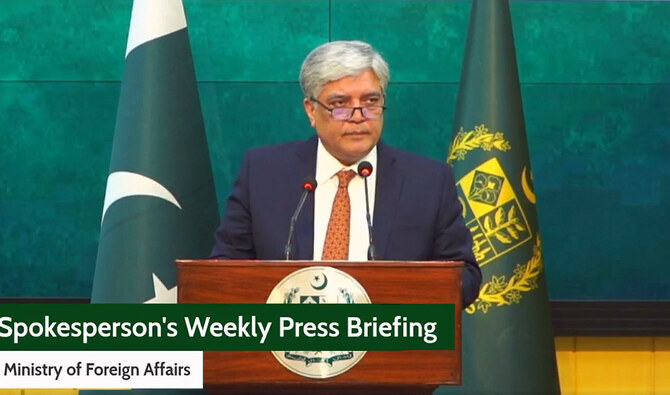As the world marks World Mental Health Day, Pakistan continues to grapple with a deepening mental-health crisis that experts warn could have long-term social and economic consequences.
An estimated 57 million Pakistanis, nearly one in four citizens, are suffering from some form of mental illness, ranging from depression and anxiety to severe psychological disorders. Yet, the country has fewer than 500 practicing psychiatrists, leaving millions without access to essential mental-health services.
Psychologist Dr. Saba Gul said that untreated anxiety and depression are pushing many young Pakistanis toward substance use as a coping mechanism.
“When individuals face psychological distress and have no one to listen or guide them, they often turn to drugs for temporary relief,” she explained. “That short-lived calm quickly becomes destructive, deepening both mental and physical health problems.”
She noted that the easy availability of drugs and the lack of awareness among families have worsened the issue.
“Every street corner now provides access. Parents must be more involved, know who their children spend time with, and understand the environments influencing them,” Dr. Gul added.
Mental-health professionals are also raising alarms over the psychological struggles of flood-affected communities, where trauma, grief, and post-disaster stress remain largely unaddressed. Experts emphasize that disaster-response planning must include psychological first aid alongside physical relief.
Public-health expert Dr. Sobia Khateeb stressed that a coordinated national effort is essential to counter Pakistan’s escalating mental-health burden.
“Every third person in this country is facing psychological strain. We need a unified national campaign to make people understand that mental health is not a luxury, it’s a necessity,” she said.
She added that stigma continues to prevent many from seeking help.
“Until we remove the shame and silence surrounding mental illness, people will keep suffering behind closed doors,” Dr. Khateeb warned.
As this year’s World Mental Health Day focuses on “Access to Services,” experts say Pakistan must invest in community-based counselling, youth awareness programs, and nationwide destigmatisation campaigns to build a mentally healthier future.







